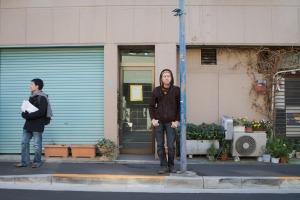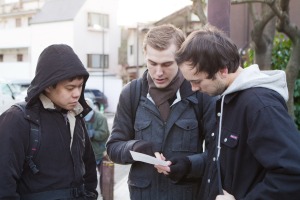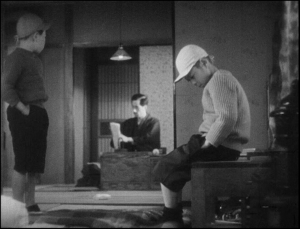Wow. Stage 2 is complete.
As one of the producers, that’s a huge burden lifted off my shoulders, even as we enter into a fairly intensive season of editing, re-editing, and packaging together a “product” that we can submit to festivals around the world. But thankfully, Persimmon is more than a product: it’s an incredible story that each crew member now feels a close kinship to. It’s a story we all earnestly desire to share with the world.
I, along with Trevor, had the opportunity to attend Sundance Film Festival this January after our return from Japan. This was my second Sundance experience, and once again it was an incredible, inspiring week. I left more excited than ever to see Persimmon brought to fruition and shared with passionate movie-goers at festivals around the world.
I’m also really grateful for the crew. I’ve worked with many different film crews, and typically, there is at least one person on set who has a bad attitude or creates problems. In this case, however, every individual persevered joyfully without complaint–despite the cold weather, long hours, and various other difficulties. In addition, it has been such a blessing to me to read their blog posts and hear them share their hearts. It’s really amazing to have an entire crew filled with such enthusiasm for the film. So thanks all. You pretty much rock, and I was blessed to work with you.
Thanks also to Dean. You have always been an inspiration to me, and you continue to challenge me to think creatively and originally. I learned a vast amount on this project, and I’m so thankful that I was able to work with you. You are an extremely talented director…and, you are a lot of fun!
Readers, please pray for us as we spend this next semester putting the film together. Keep watching the blog and Facebook page for updates! Thanks for your support. We greatly appreciate it.
Rachel van der Merwe
(One of the producers)











